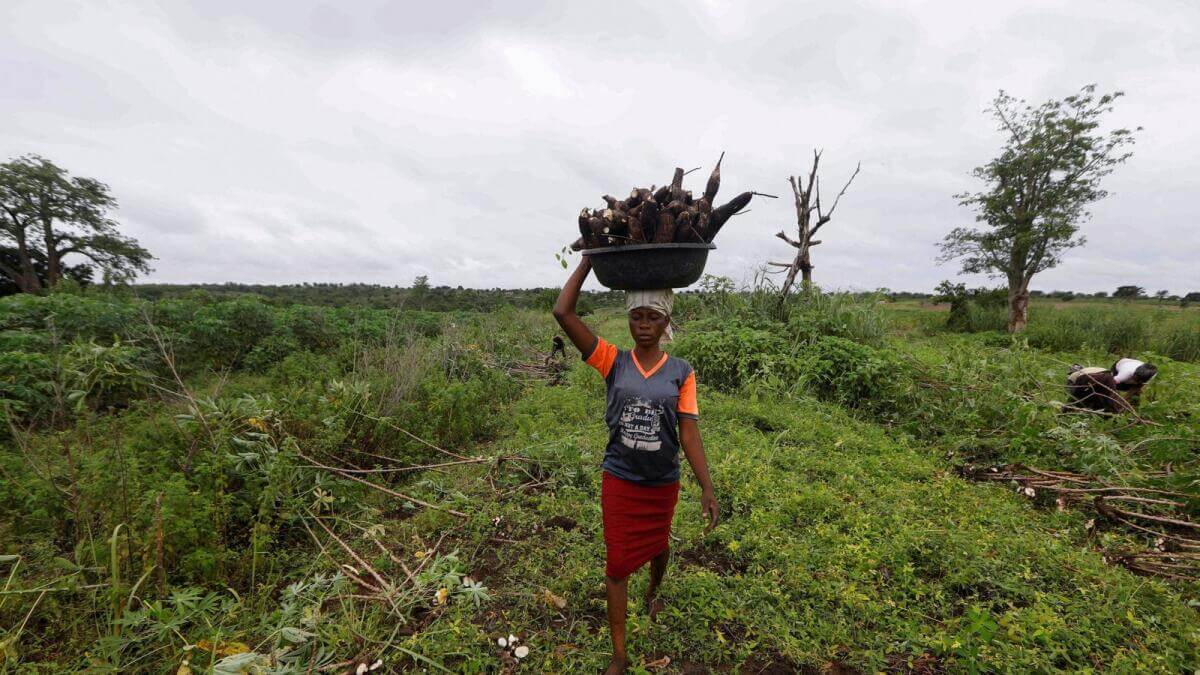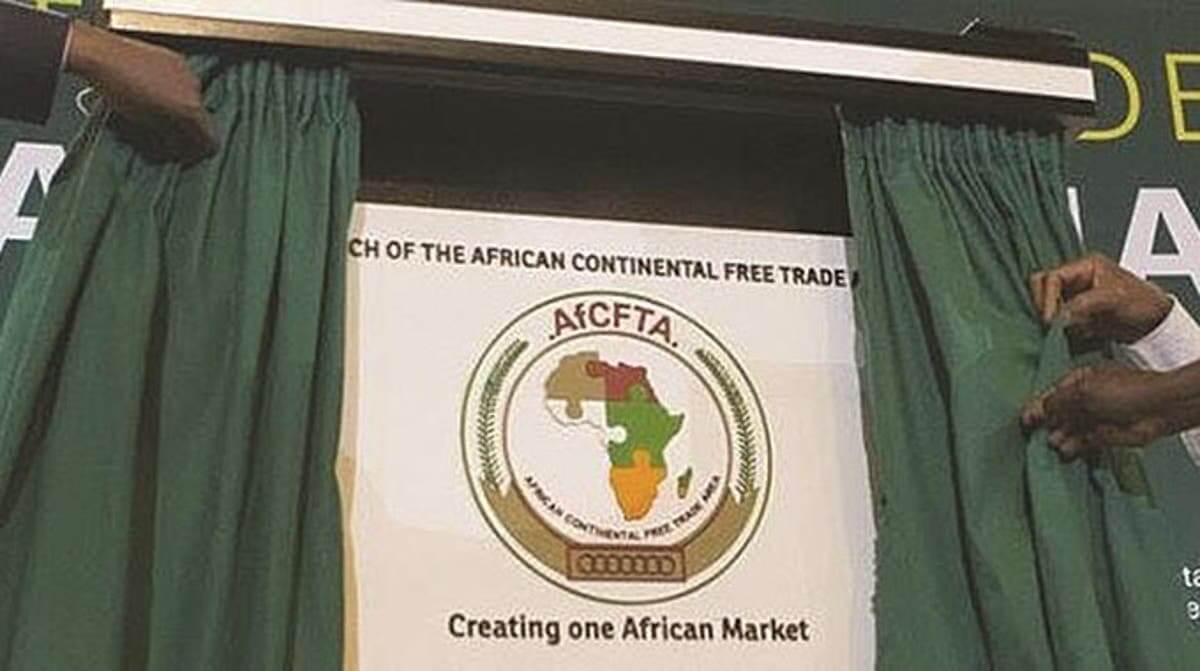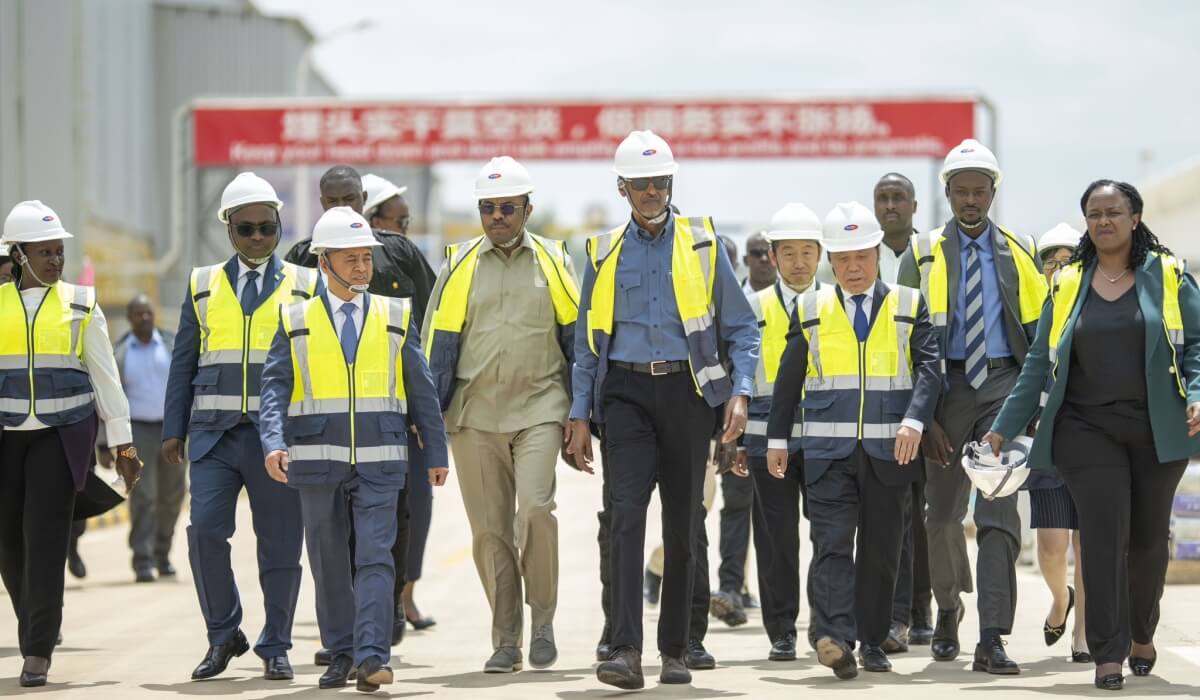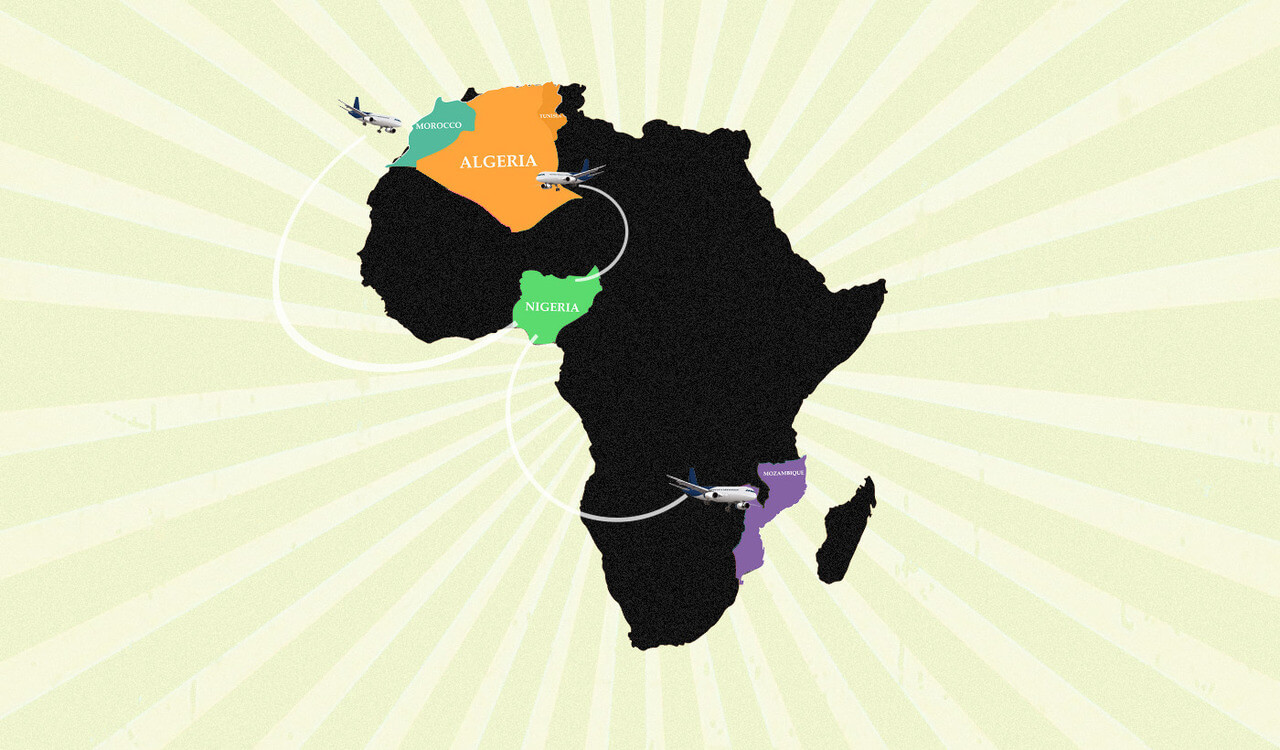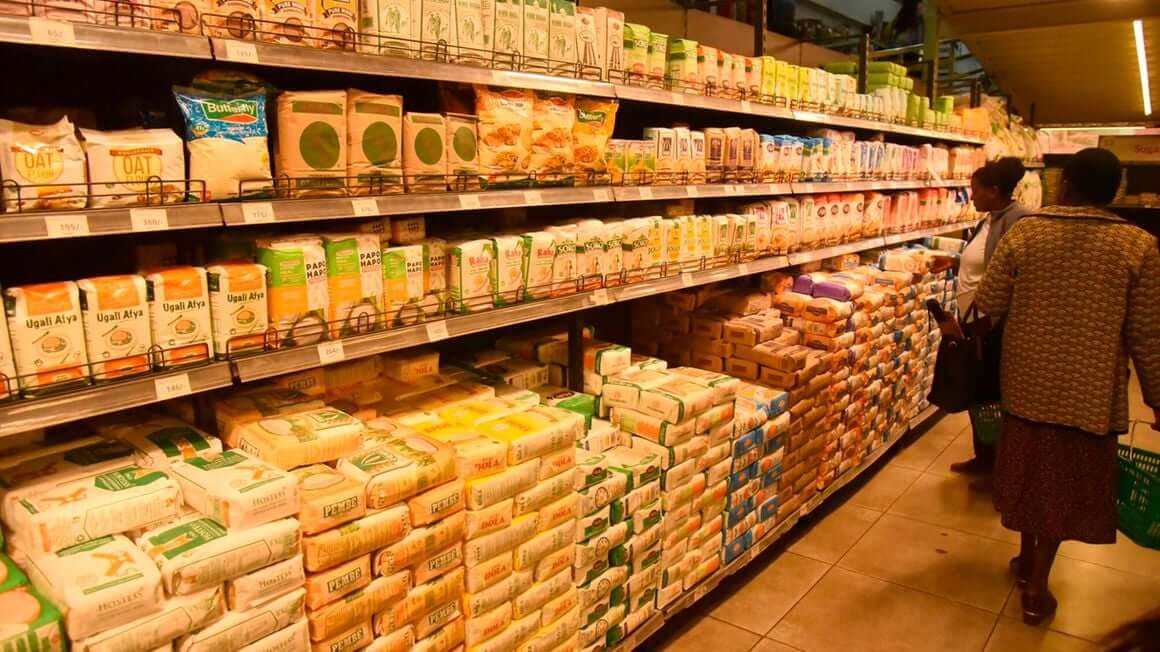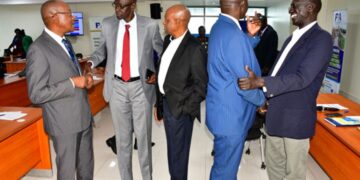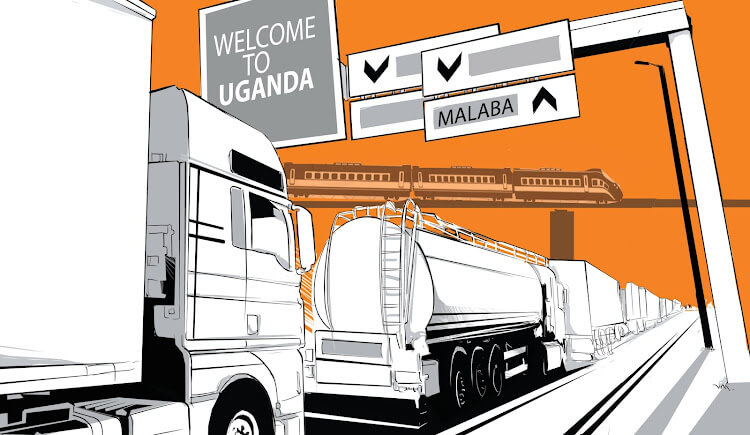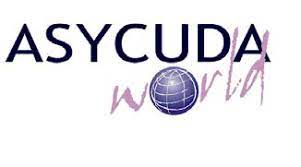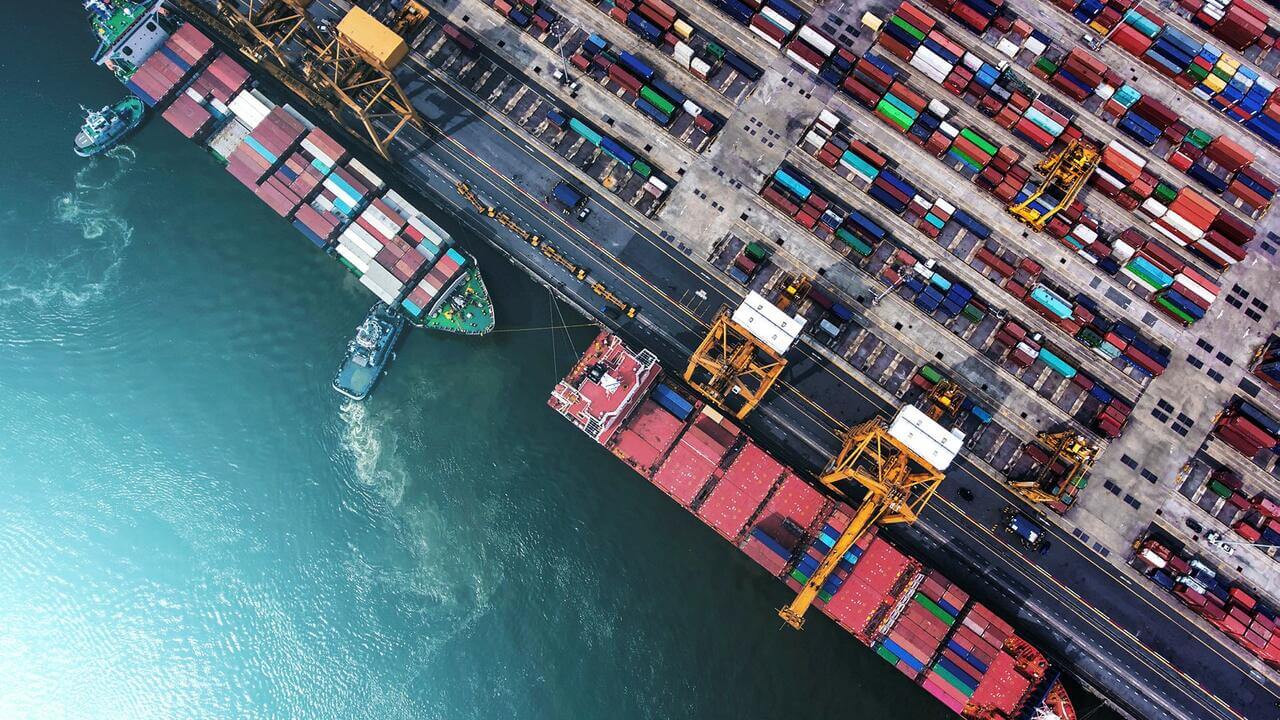If the Covid-19 pandemic demonstrated our interdependence and hyper-connectedness, Russia’s war in Ukraine and its economic consequences have further underscored that no country or region can stand alone. We are all integrated – politically and by trade and investment linkages – into the global economy. Given growing awareness of this, policymakers around the world are rethinking their approach to sustainable development and re-examining the role of multilateral development banks (MDBs). These institutions are of course still relevant. But whether they are fit for purpose in their current form is open to debate. To determine how MDBs can best support developing countries, let us consider the difficulties facing Nigeria, where I served as minister of finance, budget, and national planning from 2019 until this year. During the pandemic, more of our citizens were pushed into poverty, and our economy faltered. The breakdown in global supply chains caused the price of crude oil, our largest export product, to crash, tipping Africa’s largest economy into recession. The economy rebounded after a series of reforms, but Russia’s war in Ukraine now confronts us with higher food, oil, and fertilizer prices. Nigeria is also dealing with fiscal stress, exacerbated by historically low non-oil revenues and adverse global economic conditions. A significant portion of the country’s revenues goes toward servicing its debt, and rising interest rates are pushing up debt-service costs further. Against this backdrop, our biggest challenge is getting the economy back on track and ensuring that our citizens live dignified lives. MDBs, including the...
Making development finance work for Africa
Posted on: August 4, 2023
Posted on: August 4, 2023

